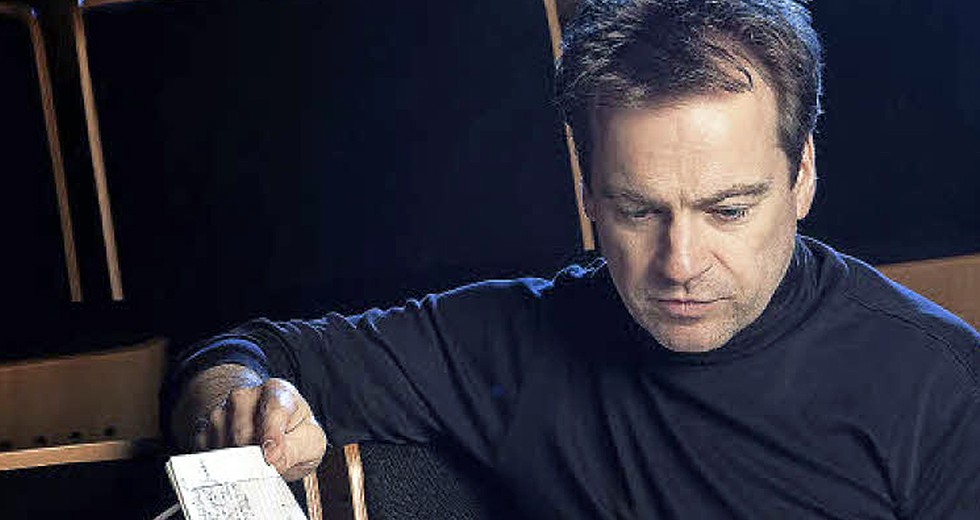
Jonathan Nott, who will lead the Chicago Symphony Orchestra in concerts Jan. 6-9 featuring Strauss’ Ein Heldenleben, observes that only recently has he turned the corner on the composer’s works.
In an interview with the Arts Desk, Nott, the principal conductor of the Bamberger Symphony Orchestra, music director of the Tokyo Symphony Orchestra and principal conductor/artistic adviser of the Junge Deutsche Philharmonie, admits that his opinion of Strauss has evolved over time: “At one stage I got a bit fed up with Strauss, the way that in Rosenkavalier, he’d be messing around with keys, and I never knew where I was, it seemed to be random, so I got a bit [ticked] off with him. But the Oboe Concerto is such a lovely piece of music, and the songs, that’s fair enough. But it was only more recently that I got to being touched by it at a much deeper level than I was expecting, and I began to wonder, is that who he really is, and was struck by the fact that he didn’t want that to be quite as open as Mahler, that you need to strip off a couple of outer garments.”
The works in particular that sparked this epiphany were Metamorphosen, a study for 23 solo strings, written in response to the horrors of World War II, and the tone poem Ein Heldenleben (which received its U.S. debut in 1900 by the CSO and which the orchestra is performing as part of its season-long tribute titled “A Legacy of Premieres”).
“I’d got this picture of Metamorphosen, how is it possible that the whole world has ripped itself apart and all someone like this can do is sit there and write this slightly gooey, gluey stuff?” Nott said. “But really playing it at the piano and working out where it’s going harmonically, and finding that each time as we did it in concert or even rehearsals, like the end of [Schubert’s] Winterreise, it always had the power to make me think, there is great tragedy being expressed here, and wonderful positive moods. It was always clear that you’d never have a completely happy bit of Mahler, there’s always some sadness there, but I wasn’t sure about Strauss. So being moved by that and finding this is genuinely moving music — I mean, Heldenleben, by the time you get to the end of that, there’s this marvelous feeling of things floating and disappearing into some upliftingly spiritual music.
“I always feel slightly hounded by these dead composers who don’t give up the ghost, and you’re sitting there alone for so many hours and hours with these black notes, and thinking, ‘Why is it saying that there, and where’s that come from?’ They’re messing about with us in a way if you let yourself into it. Mahler had sidetracked Strauss for me recently, and I had to beg forgiveness and say, ‘Actually, this is bloody good stuff.’ It would have been quite nice if he’d really wanted to have shaken us rather than being slightly sugary on the surface.”
To read the full interview, click here. For more information about the CSO concerts, click here. (The Jan. 6 performance is part of the CSO’s Afterworks Masterworks series.)